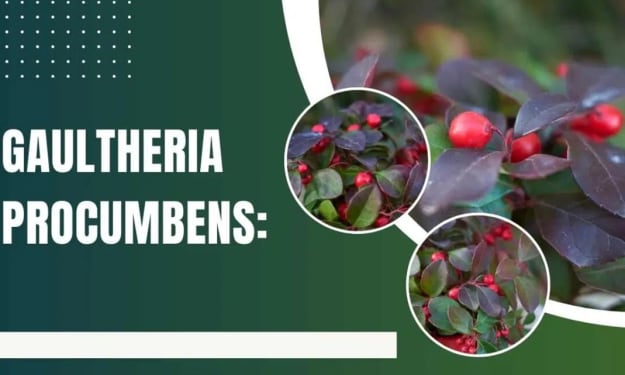Events Lined Up To Mark Stress Awareness Month
Different Events And Seminars Arranged To Help Raise Awareness Of The Different Kinds Of Stress People Can Suffer

April is Stress Awareness Month and there are a number of events or initiatives taking place to help raise awareness of the different kinds of stress people can suffer from and the techniques which can be used to help relieve this to put people in a more relaxed state of mind. This initiative has been held every April since 1992 but despite running for many years, still has a long way to go to help make people aware of the different signs and symptoms to look out for if someone is feeling stressed. According to the Mental health Foundation 74% of UK adults have felt so stressed at some point over the last year they felt overwhelmed or unable to cope.
Millions of people around the UK experience high levels of stress. This could be due to their work or family life but this can have a dire effect on that person's mental health and can sometimes leave them struggling to cope. Stress is one of life's great public health challenges but it still isn't being treated as seriously as many other conditions and this can leave many signs and symptoms being missed. It also can lead to many people having to suffer in silence from a condition which is being left undiagnosed. It is also linked to physical health problems like heart disease, problems with our immune system, insomnia and digestive problems.
The theme for Stress Awareness Month 2021 is ‘Regaining Connectivity, Certainty and Control’.
The organisation who arranged the events this month recently collaborated with Huawei to conduct a study on stress, gathering data from 2000 British adults. The research identified that 65% of people in the UK have felt more stressed since the COVID-19 restrictions began in March 2020. The three key causes for concern are feelings of disconnection, uncertainty, and a worrying loss of control.
They've decided to weave these three key factors into this year’s theme for Stress Awareness Month. The practical approach ensures that they are able to offer beneficial resources and effective materials to those who are struggling.
This year they will be hosting a 30 Day Challenge. They are encouraging you to pick one action each for your Physical, Mental and Emotional Well being to carry out every day.
It takes 30 days to turn actions into habits, which is why this is a month-long programme. The 30-day challenge will maximise your chances of turning useful knowledge and techniques into positive behavioural change.
There are many other events being arranged around the country to help get the message across of the different conditions that can be caused by stress and the signs and symptoms people should look out for in order to make sure everyone remains safe and protected in society. These include:
Talk about Stress and it’s effects – lets work together to reduce the stigma that is associated with stress by talking about the topic openly and freely with friends, family and colleagues.
Share your coping mechanisms – if something has worked for you why not share it. It might benefit someone you care about and in the meantime it might help you take your focus off your own challenges.
Be nice to those who are stressed and anxious – we are all undoubtedly going to experience stress and anxiety in our lifetime so treat others going through wit with compassion and empathy.
Look after yourself – we all need to think more about self –care. Take time out of your day to relax or do something that you enjoy. Don’t forget to exercise and eat well, even when you feel too stressed.
There are many steps people can take to help relieve stress or avoid it completely. These can include:
Remember what makes you happy and engage with it. If people always remember what makes them happy and try and associate that with their every day lives, they are less likely to come across a situation that will make them feel sad or angry or is difficult to deal with. This will help reduce the tension they come across and their stress will be reduced as a result of this.
Learn to say no.
The Gratitude stretch When you wake, stretch your arms and think of one thing you are grateful to have. Stretch your legs and think of one person you are grateful to know. Finally, stretch your whole body and think of one thing you are looking forward to today. This keeps you focused in there, here, now – and on what you have.
Try some informal mindfulness When out walking listen to birdsong When out walking, take a moment to feel the warmth of the sun When having a drink, take a moment to appreciate the sensation as it quenches your thirst When eating take a moment to savour the taste – and see if you can recognise the multitude of flavours Treat yourself, just because (but be aware of your finances) Wear something that is uniquely expressive of you (even if it is not obviously displayed) Have photos of people – or things – that you love around you (many people say ‘they are on my phone’ – but just a simple quick glance at an object of affection can generate oxytoxin, the bonding hormone.)
Listen to your body
Look after your body physically.
Make tiny changes to your routine.
If you'd like more information on stress and the ways it can effect you, please visit:
Stress Awareness Month April 2021: What You Need to Know (dnaweekly.com)






Comments
There are no comments for this story
Be the first to respond and start the conversation.